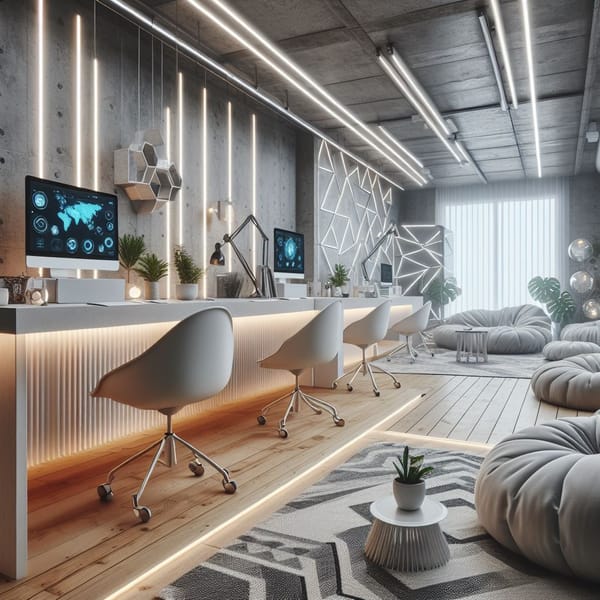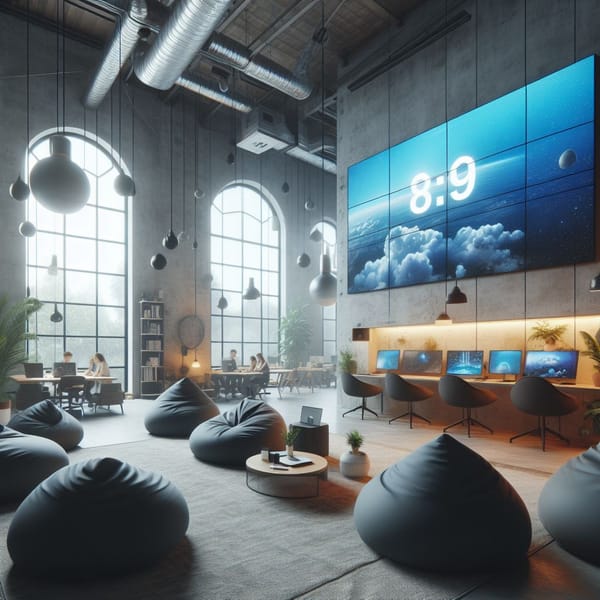Real-World Examples of Outstanding Customer Service

Real-World Examples of Outstanding Customer Service
Businesses that prioritize their customers’ experiences often see a direct correlation to increased loyalty, positive word-of-mouth, and ultimately, higher revenues. From retail environments to the hospitality industry, there are numerous real-world examples that illustrate what outstanding customer service looks like. This article delves into these examples, offering insights and inspiration for businesses looking to elevate their customer service game.
Exemplary Customer Service in Retail Environments
When it comes to retail, customer service can make or break a business. A prime example of exceptional service in retail is Nordstrom. Known for its customer-centric policies, Nordstrom has built a reputation for going above and beyond to ensure customer satisfaction. One of the most famous stories involves a customer who returned a set of tires to Nordstrom, despite the fact that the store doesn’t sell tires. The Nordstrom employee accepted the return without hesitation, showcasing the company’s commitment to customer satisfaction. This level of flexibility and willingness to exceed expectations has earned Nordstrom a loyal customer base and a strong competitive edge in the retail market.
Data supports the effectiveness of such approaches. According to a study by PwC, 73% of consumers point to customer experience as an important factor in their purchasing decisions, and 43% would pay more for greater convenience. Nordstrom’s focus on creating a seamless and memorable shopping experience aligns perfectly with these consumer preferences. Moreover, a report by the Temkin Group found that companies with superior customer experience bring in 5.7 times more revenue than their competitors who lag in this area. Nordstrom’s policies not only enhance customer satisfaction but also contribute significantly to their bottom line.
Moreover, technological advancements are transforming the retail customer experience. Retailers like Sephora have integrated augmented reality (AR) into their shopping experience, allowing customers to virtually try on products before making a purchase. This innovative approach not only enhances the shopping experience but also reduces the likelihood of returns, addressing a common pain point in retail. According to a report by Gartner, by 2022, 70% of customer interactions will involve emerging technologies such as machine learning applications, chatbots, and mobile messaging. Retailers who leverage these technologies can create a more personalized and efficient shopping experience, ultimately driving customer loyalty and revenue growth.

Memorable Service Experiences in Hospitality Industry
The hospitality industry is another sector where exceptional customer service is paramount. A standout example is the Ritz-Carlton Hotel Company, renowned for its personalized and attentive service. The Ritz-Carlton’s “Gold Standards” serve as the foundation for its service philosophy, emphasizing the importance of anticipating and fulfilling guest needs. A well-known story that exemplifies this involves a family who stayed at a Ritz-Carlton resort and left behind their child’s beloved stuffed animal. The hotel’s staff not only found and returned the toy but also sent photos of the stuffed animal enjoying various activities at the hotel, creating a memorable and heartwarming experience for the family. This level of care and attention to detail has become synonymous with the Ritz-Carlton brand, setting a high bar for customer service in the hospitality industry.
Statistics underscore the impact of exceptional service in hospitality. According to the American Customer Satisfaction Index (ACSI), hotels that score high in customer satisfaction see higher rates of repeat business and customer loyalty. A study by Deloitte found that 62% of travelers are more likely to be loyal to a hotel brand if they feel valued and appreciated. The Ritz-Carlton’s commitment to creating personalized and memorable experiences aligns with these findings, demonstrating the importance of going the extra mile to exceed guest expectations.
Additionally, the hospitality industry is increasingly leveraging technology to enhance the guest experience. Marriott International, for example, has introduced mobile check-in and keyless entry, allowing guests to bypass the front desk and go directly to their rooms. This not only streamlines the check-in process but also caters to the growing demand for contactless interactions in the wake of the COVID-19 pandemic. According to a survey by Skift, 68% of travelers are more likely to stay at a hotel that offers mobile check-in and keyless entry. By adopting these innovations, hotels can provide a more convenient and efficient experience, ultimately driving guest satisfaction and loyalty.
In conclusion, outstanding customer service is a critical differentiator for businesses in both the retail and hospitality industries. Companies like Nordstrom and the Ritz-Carlton have demonstrated that by prioritizing customer satisfaction and leveraging technology, they can create memorable experiences that foster loyalty and drive revenue growth. As consumer expectations continue to evolve, businesses must remain agile and innovative in their approach to customer service. By learning from these real-world examples and using new technologies, businesses can set themselves apart and thrive.
FAQs
Q1: What are some key elements of exceptional customer service in retail?
A1: Key elements include personalized service, flexible return policies, and the integration of emerging technologies like augmented reality and chatbots to enhance the shopping experience.
Q2: How does exceptional customer service impact a business’s bottom line?
A2: Exceptional customer service can lead to higher customer satisfaction, increased loyalty, positive word-of-mouth, and ultimately, higher revenues. Companies with superior customer experience bring in 5.7 times more revenue than their competitors.
Q3: What role does technology play in enhancing customer service in the hospitality industry?
A3: Technology plays a crucial role by offering conveniences like mobile check-in, keyless entry, and personalized digital interactions, which streamline processes and cater to modern consumer preferences for contactless and efficient service.
Q4: Can small businesses implement the same customer service strategies as large companies like Nordstrom and the Ritz-Carlton?
A4: Yes, small businesses can adopt similar customer service strategies by focusing on personalized service, understanding customer needs, and leveraging affordable technologies to enhance the customer experience.
Q5: What are some common challenges businesses face in delivering exceptional customer service?
A5: Common challenges include managing customer expectations, training staff to provide consistent service, integrating new technologies, and balancing cost with the level of service provided.
Q6: How can businesses measure the effectiveness of their customer service efforts?
A6: Businesses can measure effectiveness through customer satisfaction surveys, Net Promoter Scores (NPS), customer retention rates, and feedback from online reviews and social media. Analytics and data-driven insights can also help track and improve service performance.




